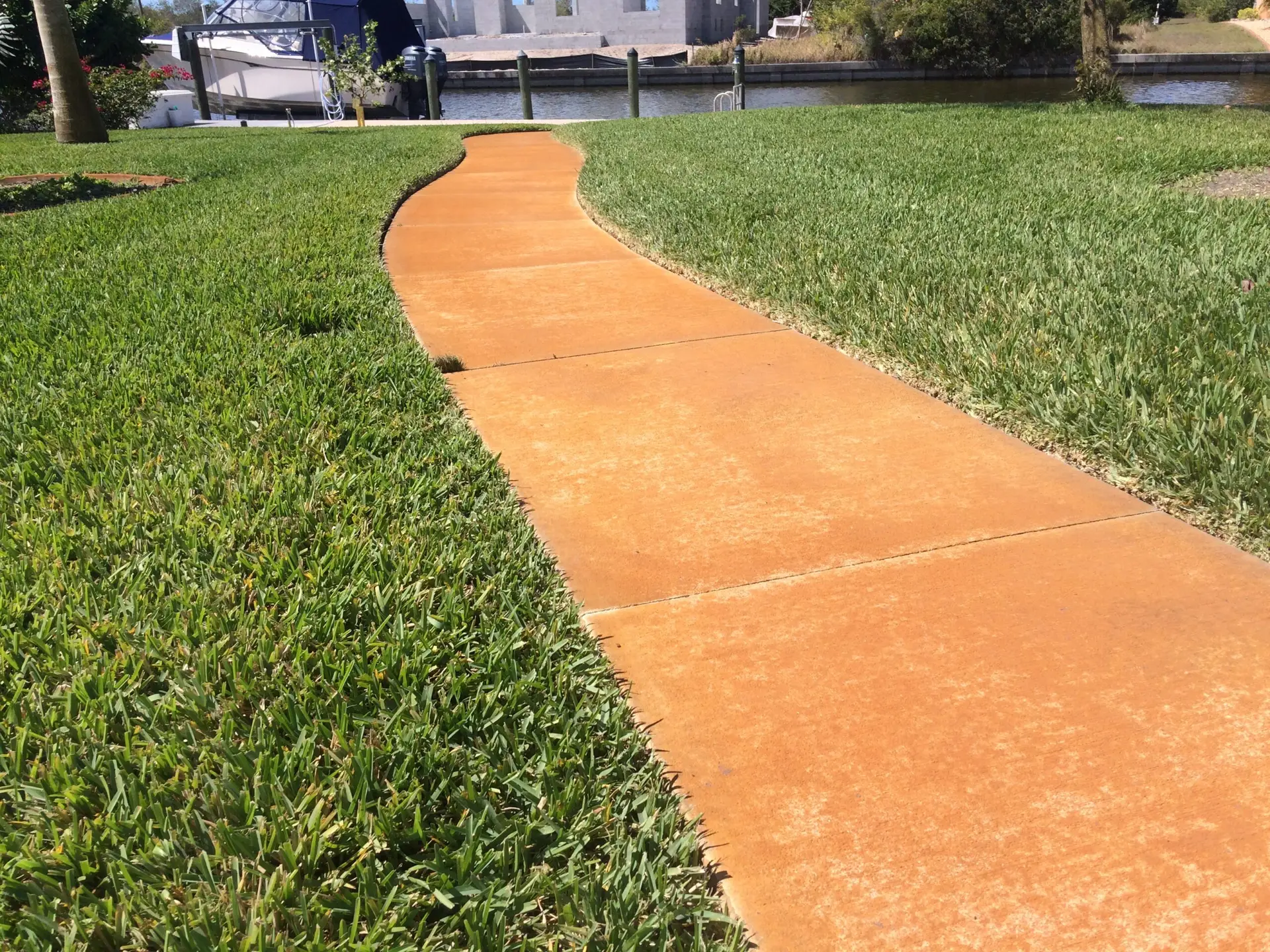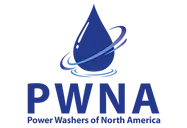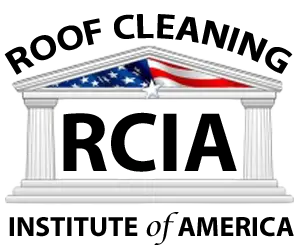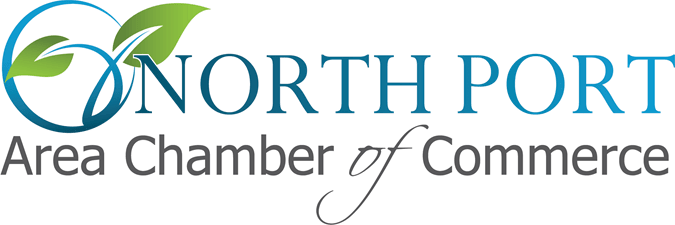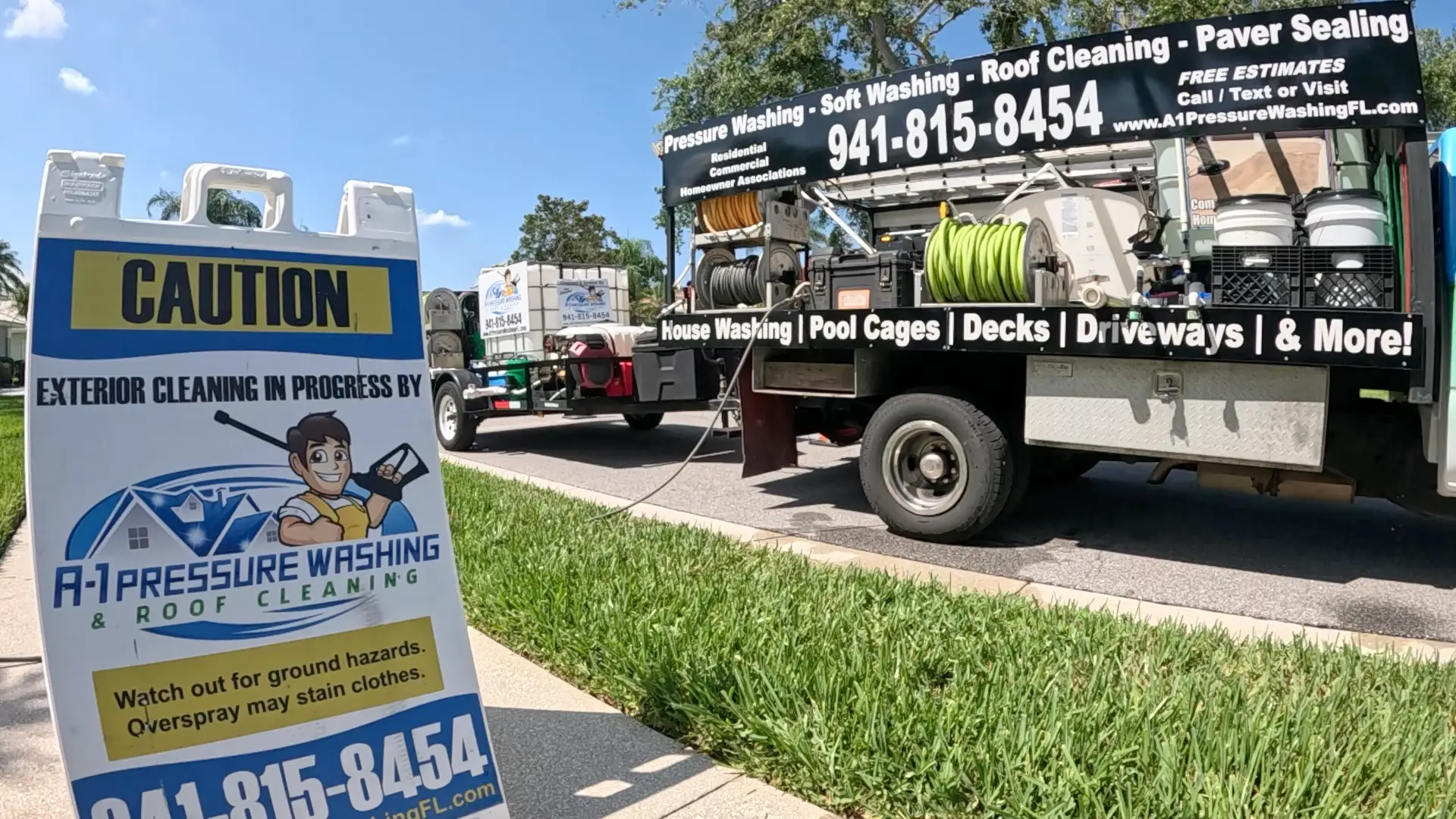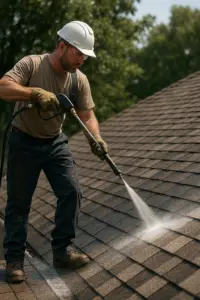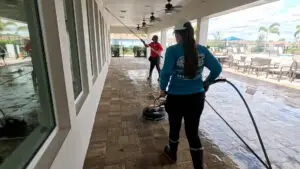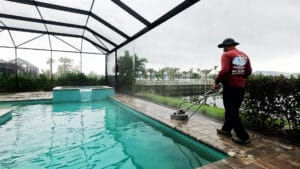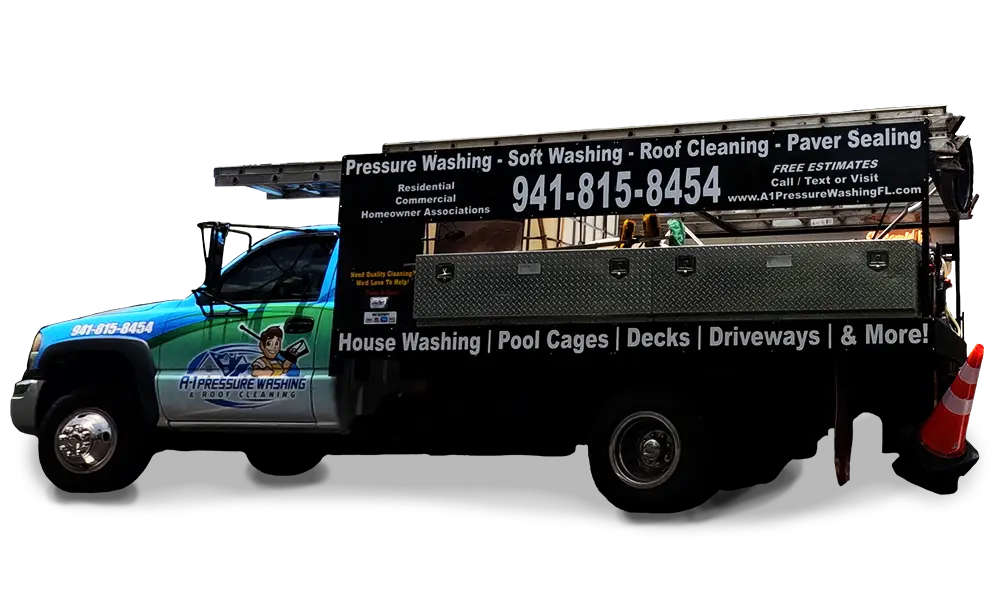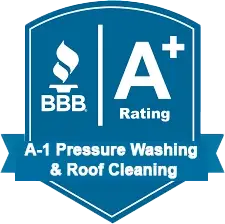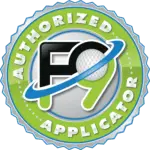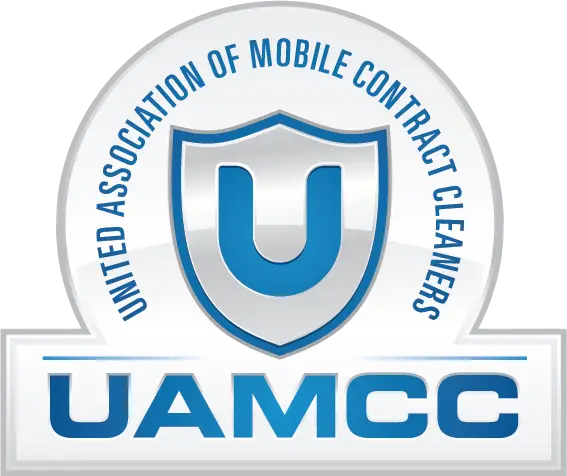Do have orange staining on your concrete driveway, walls, or deck?
Are you noticing unsightly orange staining on your concrete sidewalks, driveway, walls, or patio deck? This common issue is often due to rust stains that can form when metal items like patio furniture or grills are left exposed to the elements. In regions with high iron content in the water, like Florida, even sprinkler systems can contribute to these persistent stains.
Tackling this problem effectively requires understanding the different types of rust stain removal techniques to restore your exterior surfaces. Whether it’s using over-the-counter rust stain removers or seeking professional help from experts like us here at A-1 Pressure Washing, getting rid of these orange blemishes is essential for maintaining the beauty and integrity of your home.
Rust stains are not only unsightly but can also cause significant damage to exterior surfaces if not addressed promptly. With over 28 years of experience, A-1 Pressure Washing & Roof Cleaning has been a trusted name in effectively and safely removing these stubborn blemishes from homes and buildings throughout Sarasota and Charlotte County.
This comprehensive guide will cover everything from the causes of rust stains to the best methods and products for removal, ensuring your home maintains its beauty and integrity.
Understanding The Causes of Rust Stains On Your Exterior Surfaces
Rust stains can appear on virtually any outdoor surface, including concrete, exterior walls, sidewalks, pool cages, and brick pavers or stones. These stains typically form when iron in metal items such as patio furniture, grills, and other outdoor fixtures oxidizes upon exposure to moisture and oxygen, leaving an orange stain on your surface. This section will discuss various types of rust stains and their specific causes:
Patio Furniture and Grills: Long-term exposure to the elements can cause metal outdoor furniture and grills to rust, leaving unsightly stains on concrete, patio decking, and brick pavers.
Irrigation Systems: In areas like Florida, the high iron content in water can lead to rust stains from sprinkler systems, especially on sidewalks, down driveways, and exterior walls.
Fertilizers: Fertilizers containing iron or other minerals can cause rust stains when they come into contact with moisture. These are common on driveways, walkways, and near landscaped areas.
Battery Acid: Although less common, battery acid leaks can also leave rust-like stains due to chemical reactions with concrete and metal surfaces.
Top 6 Main Causes of Exterior Rust Stains
Lawn Fertilizers and well water for irrigating your grass and shrubs will contribute to rust stains on concrete and other surfaces not only due to their iron content but also because of other minerals that oxidize or react chemically when exposed to the elements. Here are the top 6 main minerals commonly found in fertilizers and irrigation water that could cause rust-like stains and discolor your exterior surfaces:
Iron: The most common cause of rust stains, iron in fertilizers and irrigation water can oxidize upon exposure to air and moisture, resulting in orange or reddish-brown stains on concrete, stonework, pool cages, walls, fences, and other surfaces.
Manganese: This mineral can oxidize to produce dark brown or black stains, which may be mistaken for rust. These stains are particularly noticeable when manganese reacts with oxygen and chlorine, which is often found in tap water.
Copper: Frequently used in fungicidal fertilizers, copper oxidizes and leaves behind greenish-blue stains, which are particularly visible on lighter surfaces.
Zinc: Zinc in fertilizers can leave white or light-colored stains on surfaces, though these are typically less intense than those caused by iron.
Magnesium: Known for leaving chalky white stains, magnesium can leach from fertilizer and react with concrete, contributing to surface discoloration.
Calcium: Added to some fertilizers to improve soil health, calcium can create white, crusty deposits that may be mistaken for other types of residue but can also lead to surface discoloration.
Rust Stain Removers for Concrete, Walls, & Decking
When it comes to exterior rust stain removers, several effective chemical solutions are available. However, most of these chemicals are acid-based and require careful handling. Proper personal protective equipment (PPE) such as gloves, protective clothing to cover skin, goggles, and respiratory protection should always be worn. It is essential to follow the manufacturer’s instructions and ensure proper ventilation during use.
Goof Off RustAid: This product is effective for removing rust stains from a variety of surfaces such as concrete driveway and sidewalks .
White Ox Rust Stain Remover: Another popular choice, White Ox, is effective on harder surfaces like concrete and stone.
Oxalic Acid: Known for its effectiveness, oxalic acid can be used to treat stubborn stains but must be handled with care due to its corrosive nature.
Muriatic Acid and Hydrofluoric Acid: These are powerful acids that should only be used with extreme caution. Proper personal protective equipment (PPE) such as gloves, goggles, and respiratory protection should always be worn.
Mixing Ratios and Application Processes
Each rust removal product has specific mixing ratios and application processes. It is crucial to adhere to these guidelines to prevent damage to surfaces and ensure personal safety. For example, diluting muriatic acid with water before application can reduce the risk of damage to concrete surfaces, while applying oxalic acid in a paste form can target specific stain areas more effectively.
DIY vs. Professional Rust Removal
While many rust stain removal products are available for purchase at retail stores and can be used in DIY projects, the risks associated with acid-based products cannot be overstated. Improper use can lead to severe respiratory issues, skin burns, vision loss, as well as permanent surface damage. Here are some tips for those considering DIY rust stain removal:
Always read and follow the product instructions.
Use recommended PPE.
Test the product on a small, inconspicuous area first.
Ensure proper ventilation if working in confined spaces.
However, for best results and safety, it is advised to hire a professional service like A-1 Pressure Washing & Roof Cleaning. With their extensive experience and commitment to safety, they ensure that rust stains are removed effectively without risking damage to your property or health.
Eco-Friendly Exterior Rust Remover Alternatives
When it comes to removing rust stains from exterior surfaces in an eco-friendly manner, there are several alternatives to conventional chemical-based products. These options are safer for both the environment and human health, and they can be just as effective when used correctly. Here are some of the best eco-friendly methods for removing rust stains:
White Vinegar: This is one of the most effective natural rust removers. The acetic acid in white vinegar helps to dissolve the rust. Apply vinegar directly to the stain, let it sit for a few minutes, then scrub with a brush and rinse off with water.
Lemon Juice: The citric acid in lemon juice is another natural rust dissolver. You can apply lemon juice to the stain and sprinkle some salt on top to boost the rust-removing action. Let it sit for a few hours before scrubbing and rinsing.
Baking Soda: Make a paste with baking soda and water, apply it to the rust stain, and let it sit for a couple of hours. This method is particularly gentle, making it suitable for delicate surfaces. Scrub gently and rinse off.
Potato and Dish Soap: Cut a potato in half and cover the cut end with dish soap. The combination of oxalic acid in the potato and the cleaning power of the soap can help break down rust. Rub this over the stain before rinsing off.
Pumice Stone: For rust stains on hard surfaces like concrete, a wet pumice stone can be effective. It provides gentle abrasion that can help remove the rust without harsh chemicals.
Borax: Mix borax with lemon juice to make a paste, apply to the rust stain, let it sit, then scrub and rinse. This is especially good for heavier stains.
These methods are best suited for smaller or less stubborn rust stains. For more extensive rust issues or for stains that have been sitting for a long time, multiple applications might be necessary. Additionally, always test these methods on a small, inconspicuous area first to ensure that they do not damage the surface being treated.
DIY Rust Removal: A Step-by-Step Guide
For those who prefer the DIY approach, here is a detailed step-by-step guide to removing rust stains safely and effectively. Always test a small inconspicuous area first.
Safety First: Wear protective clothing and gear, including gloves, goggles, and a mask.
Prepare the Area: Clean the stained area with water to remove any loose debris.
Choose Your Remover: Select a suitable rust stain remover based on the surface type and stain severity.
Application: Apply the remover according to the manufacturer’s instructions. For liquid solutions, use a spray bottle or pump sprayer for even distribution. For powders, create a paste and apply directly to the stain. PRO TIP: Lightly pre-wet the area with clean water prior to applying.
Dwell Time: Allow the remover to sit on the stain for the recommended time without drying out.
Scrubbing: For stubborn stains, use a brush to gently scrub the area.
Rinse Thoroughly: Wash off the cleaning solution completely with clean water.
Repeat if Necessary: Some tough stains may require a second application.
How to Prevent Orange Rust Stains on your Concrete, Walls, and Decking
Prevention is always better than cure, especially when dealing with rust stains. Regular maintenance and preventive measures can significantly reduce the occurrence of rust stains:
Protective Coatings: Apply sealants on metal fixtures, concrete sealer, as well as brick paver sealing to prevent water penetration and subsequent rusting.
Regular Cleaning: Frequent cleaning with fresh water prevents the buildup of minerals and debris, which can accelerate rusting. After granular fertilizing, blow off all walkways, sidewalks, and driveways.
Proper Storage: During rainy seasons or in coastal areas, store metal patio furniture and tools indoors or cover them to prevent prolonged exposure to moisture.
Water Softeners: Installing water softeners and filters for irrigation systems can reduce iron content in the water, thereby preventing rust stains from sprinkler water.
Redirect Irrigation Heads: Call an irrigation company to direct your sprinkler heads to spray away from driveways, walkway, siding, fence, and decks.
A-1 Pressure Washing: We Can Help Safely Remove Rust Stains!
Exterior rust stains can be a nuisance, but with the right approach, they can be effectively managed and removed. Whether you choose to tackle this task yourself or hire professionals like A-1 Pressure Washing & Roof Cleaning, understanding the nature of rust stains and the best removal techniques is crucial. For residents of North Port, Venice, Englewood, and the surrounding areas, trusting your local experts can keep your home looking its best without the risks associated with DIY rust removal. Remember, preserving the beauty of your property is always worth the investment in professional
Choosing A-1 Pressure Washing is a decision backed by decades of expertise and a strong local reputation. Since 1996, our family-owned business has specialized in delivering top-notch exterior rust removal to clients in North Port, Venice, Englewood, Port Charlotte, Punta Gorda, Harbour Heights, Deep Creek, Osprey, Nokomis, and Sarasota. We ensure that each rust remover project meets the highest standards of quality and customer satisfaction is always our top priority.
Our deep understanding of the exterior cleaning industry and expertise in knowing when to choose the correct cleaning method enables us to provide solutions that not only protect your investment but also enhance the beauty of your property.
With A-1 Pressure Washing & Roof Cleaning, you’re not just hiring a service; you’re partnering with a team committed to excellence and to preserving the life and appearance of your property. Trust us to bring our professional touch and meticulous attention to detail to your home or business.
If you have any questions or you would like free quote, call us today or use our fast & easy online quote form.

